Traditionally, it has been the dance music emanating from Cuba that attracted attention, espeically if we take into account the development New York's ‘Salsa’, that emerged from son Cubano and the son montuno of Arsenio Rodríguez, combined with elements or rumba and other rhythms like mambo. Salsa then developed exponentially thanks to stars like Queen of Salsa Celia Cruz, Willie Colón, Héctor Lavoe, Charlie Palmieri and Puerto Rican Tito Puente, plus the whole Fania All Stars Records period, with Dominican Johnny Pacheco and New Yorker Jerry Masucci, who helped promote a musical genre that was to capture the public’s imagination for decades, taking it all over the world. For one, Japan has been a great fan.
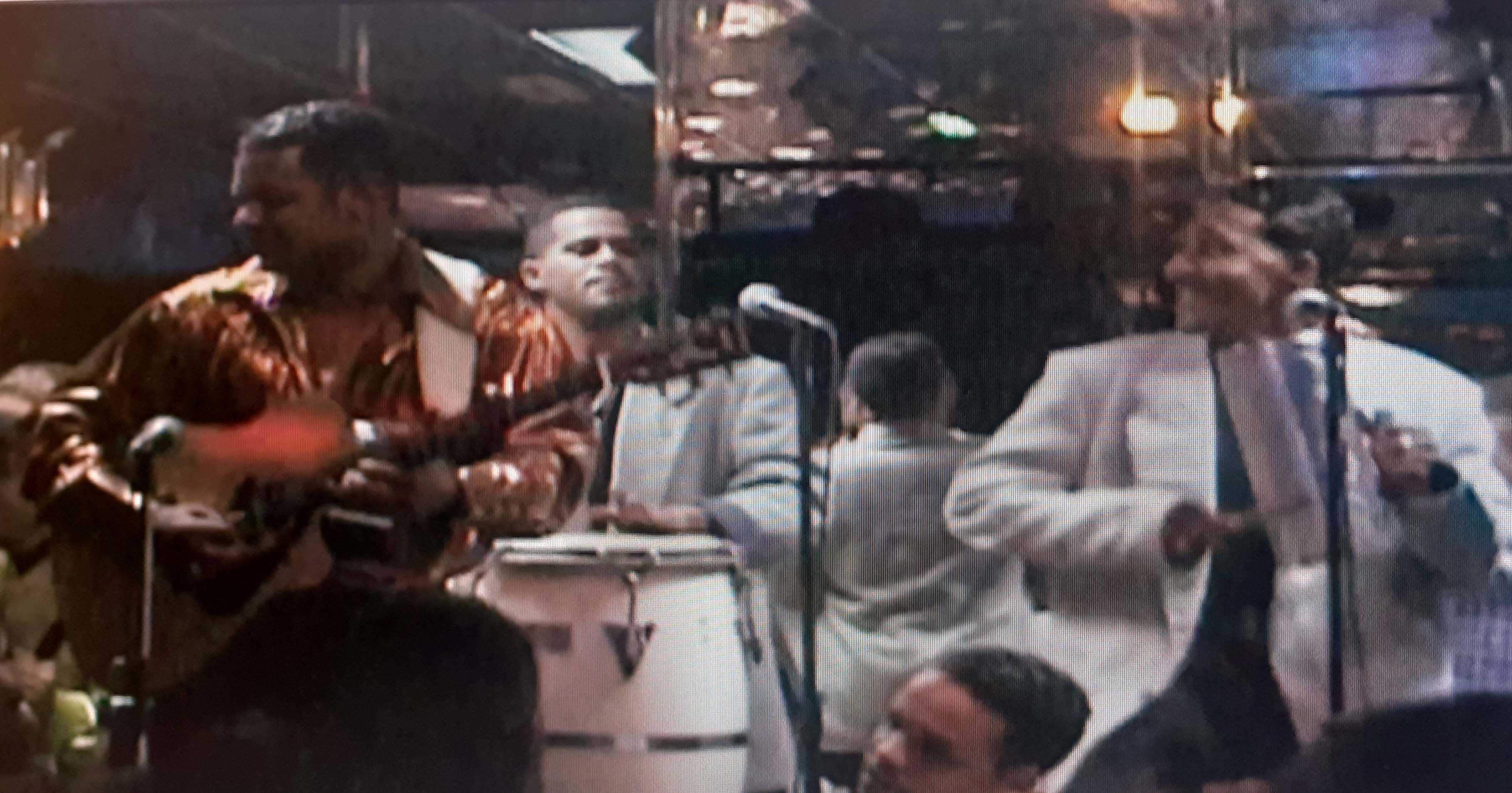
Luis Vargas & band
Today the Dominican Republic is also shining, with its original take and development of merengue into the new uber popular Bachata that has attracted multiple awards and enthusiastic followers all over. Irresistible to anyone who likes to dance, the Bachata beat is totally infectious. But, at the start, the use of the guitar as a principal instrument was an obstacle. It was not seen as as worthy as proper brass band instruments, or the piano, but thought of as a cheap alternative that did not merit enough respect.
Despite all this, Bachata, with its ample use of the guitar, has emerged from the tough street brothels of Santo Domingo, Puerto Plata and Santiago, and spread way beyond the boundaries of the poorer areas. It crossed the tracks and leapt over the international borders to the rest of the world.
The original lyrics are traditionally risqué to say the least, even branded obscene by the local radio stations, who refused to play the recordings, supposedly to protect the listeners sensibilities: (that is, those of the elites and upper classes). It is a genre that was, for a while, rejected by many in the Dominican Republic, largely due to its bawdy lyrics and connections to brothels and the underworld of the country.
The Tango in Buenos Aires and Montevideo also emerged from the rough streets and brothels around the docks. In the case of Tango, it gradually got sanitized and managed to knock down the barriers of respectability. In much the same way, Bachata has followed a similar route, far more recently as well. emerging as a distinct form in the 1960s, with popular exponents like José Manuel Calderón, Luis Segura and also female singers like Aridia Ventura, Giselle Tavera and others.
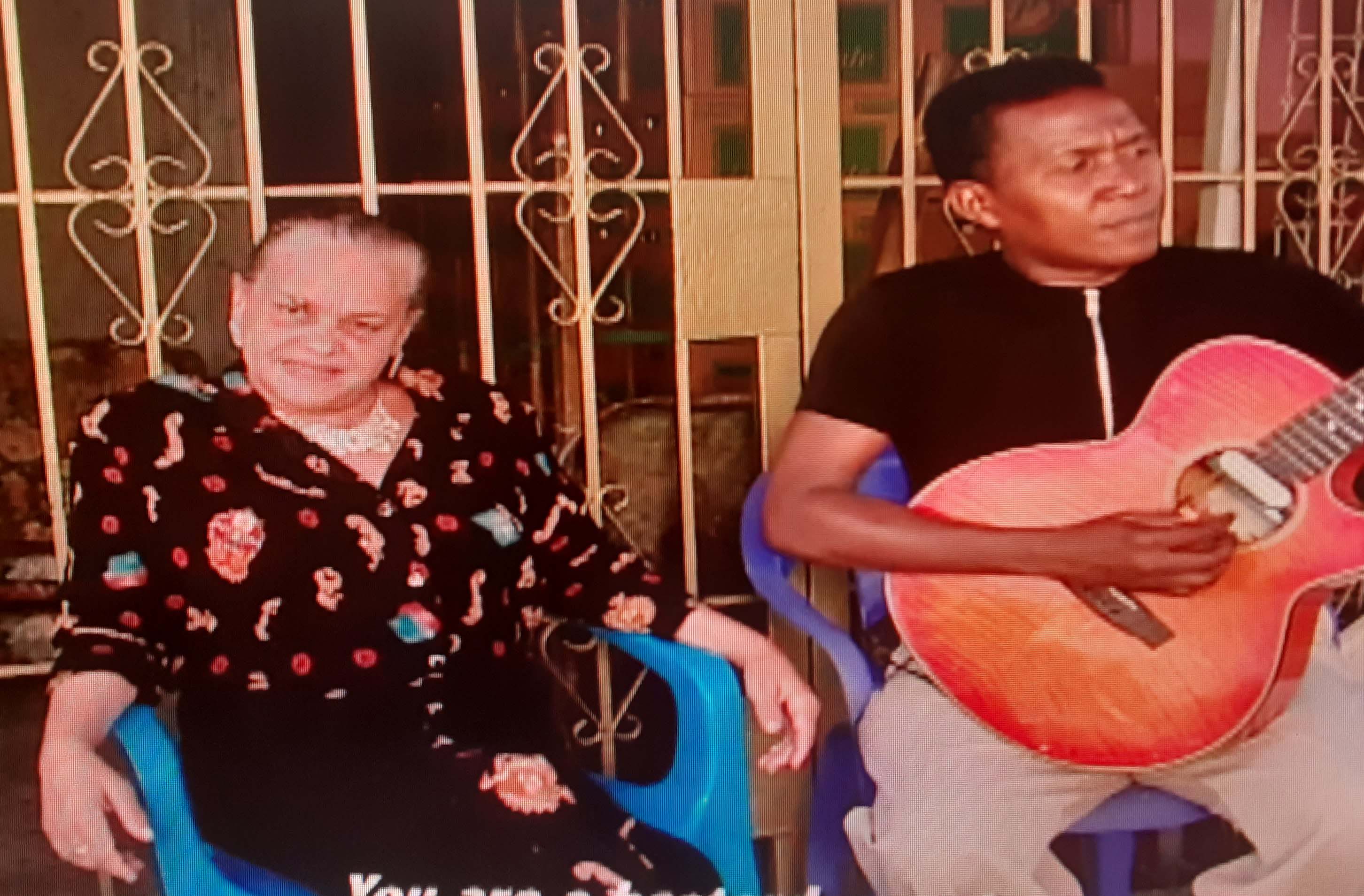
Aridia Ventura
Some merengue musicians like Juan Luis Guerra sanitized it to a large extent and made it more palatable for an international audience, yet the Bachata remains in a category of its own, and its top musicians fight for its authenticity, and are not keen to dilute it too much, as they try to keep its roots alive.
Santo Domingo Blues is a documentary that has tried to capture the world of Bachata and explore how it developed. From the bawdiest cabarets shows, to interviews and conversations with fans and the musicians themselves. Wolfe has concentrated on one group in particular, starting with the singer/ songwriter Luis Vargas and his fellow bachateros, like Raulín Rodríguez with whom he shares venues and tours.
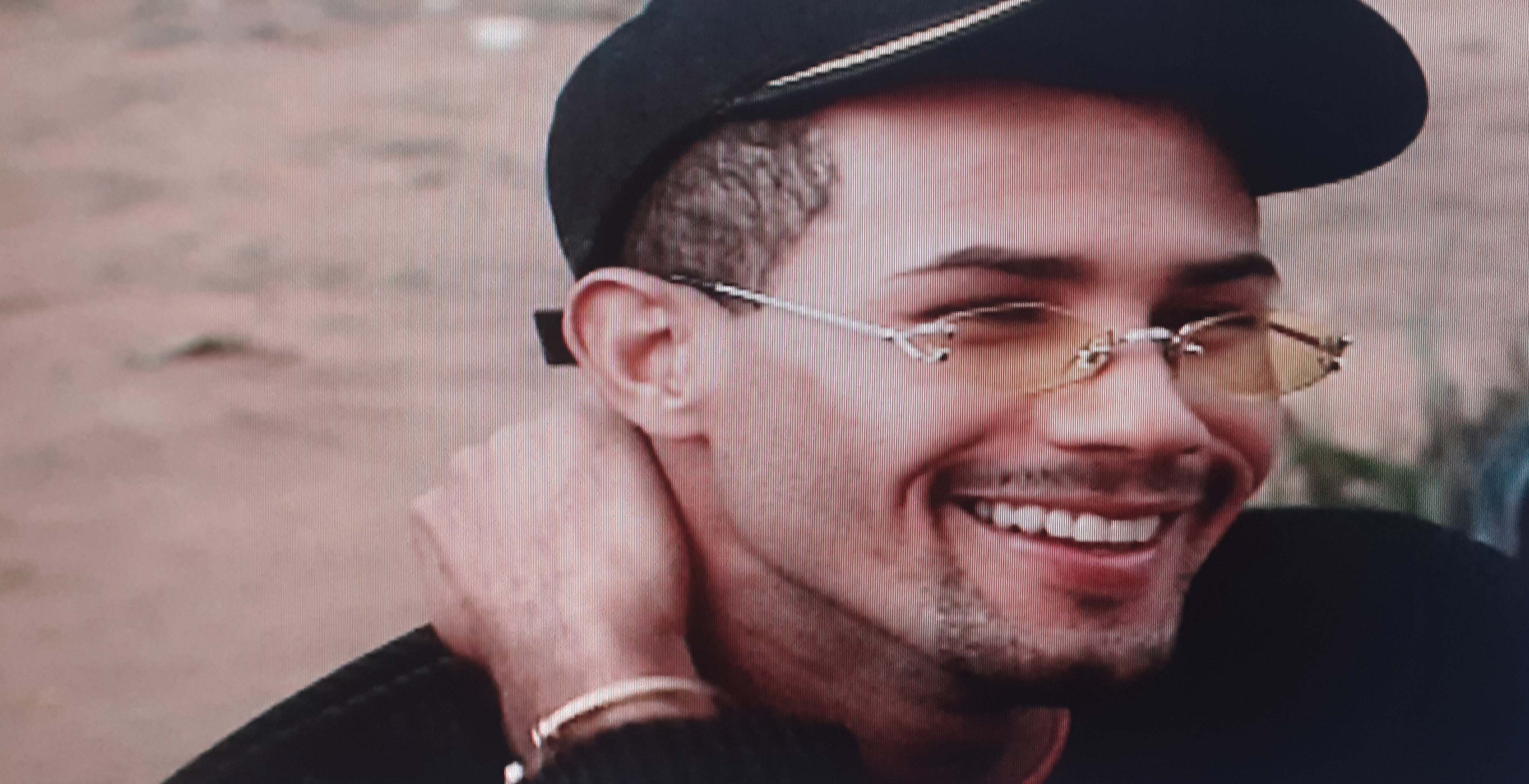
Raulín Rodríguez
Wolfe has concentrated mainly on Vargas’ journey, from his humble origins in the village of Santa María, where his family still live, to fame and stardom and gigging in New York. Luis Vargas’ father is still bemused that his son has done so well with music, a career he never encouraged, (it was his mother who bought him his first guitar). With a smile, he complains he is still waiting for the fancy car his son has promised him!
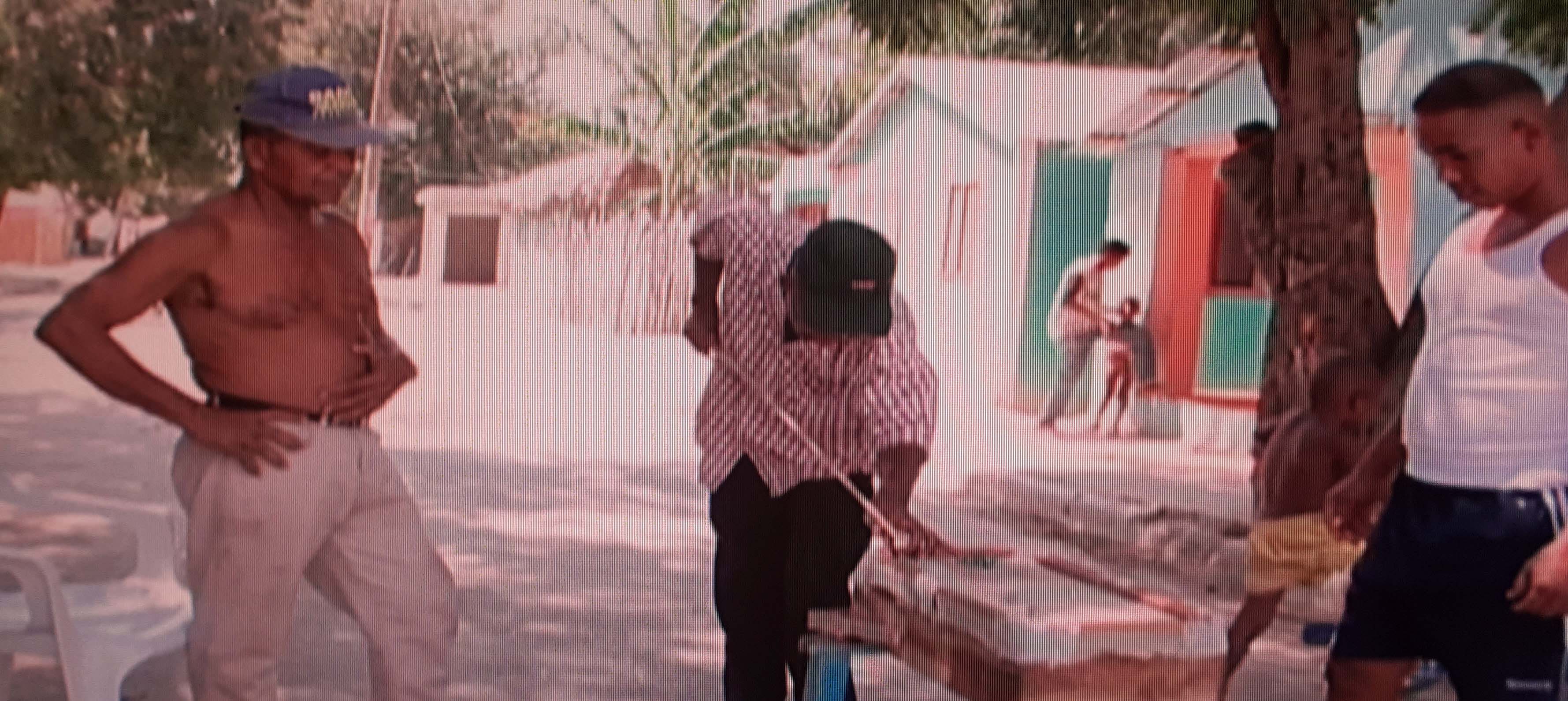
Friends from Luis Vargas' village of Santa María in the Dominican Republic playing marble pool-
Bachata songs started out singing about the sorrow and pain of lost or unrequited love and poverty, with much talk about the kiss of booze bottles and the kisses and sensual delights of the girls, not holding back on expressing their love and enjoyment of sensuality and sex.
But, things evolve, and lyrics that started out about life in the brothels and the streets, now talk more about the issues of immigration and the nostalgia of being far from your home and your roots. Like the song Navidad, Navidad by Raulín Rodríguez, who rightly recalls how, in New York at Christmas time, all the Dominicans cry, suffering the Dominican blues as they miss their families back home.
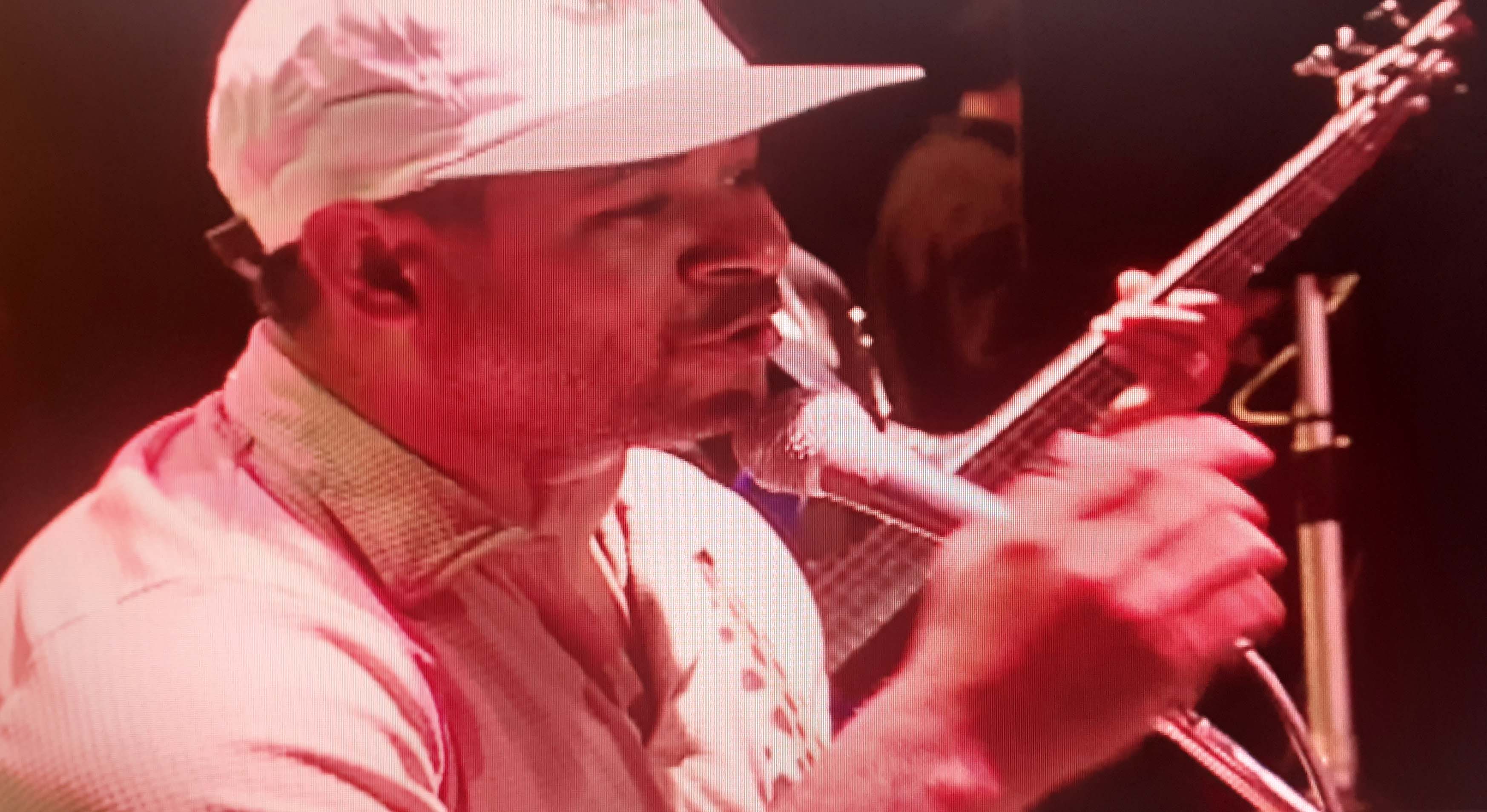
Luis Vargas
Luis Vargas and the other musicians attribute the success of Bachata largely to the support from Radio Guarachita, who began to play their tracks in the late 1960s when no one else would.
Wolfe has managed to capture the sheer energy and joy that this music brings. There is not a seated person in the house when these bachateros play, and one aspect remains charming, that couples still dance with each other, a powerful characteristic of Latino music and dance, that has been largely lost in other forms of dance music, including hip hop, garage or disco music. With this, the sensuality, the sharing of the moment becomes powerful, and dancers spring onto the stage so immersed in the music, that they dance with the singers to everyone’s delight.
False rumours are not limited to social media and Vargas found himself amused to discover he had been given a premature obituary: -
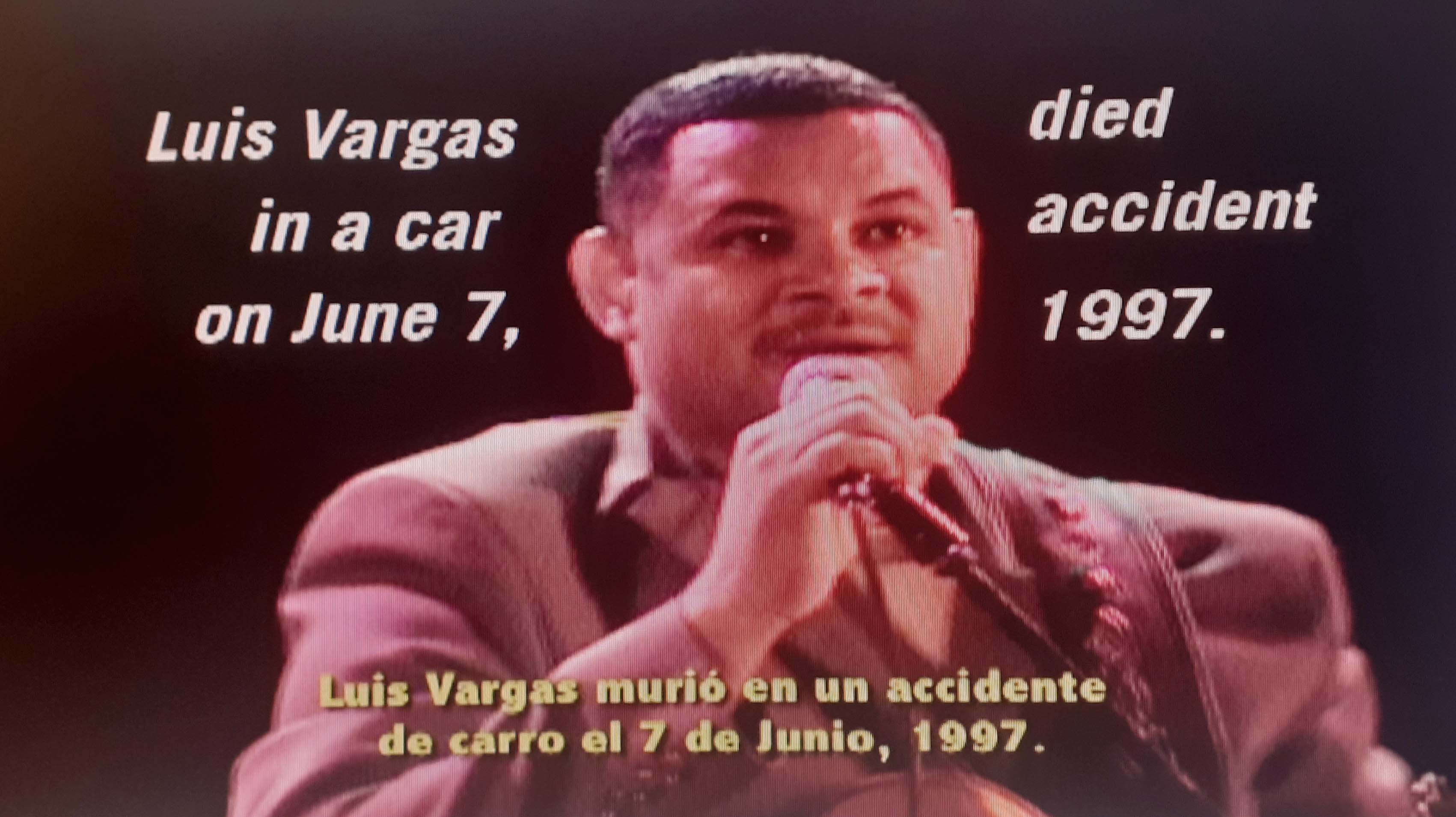
There are more gentle moments in the film, as when Wolfe films José Manuel Calderón singing on his own with a guitar about a faithless lover, even if he looks happy about it: -
“I saved her from the brother and this is how she repaid me… forget her buddy, you have to be strong, besides, she betrayed me first, before you, so let us drink to her treachery.”
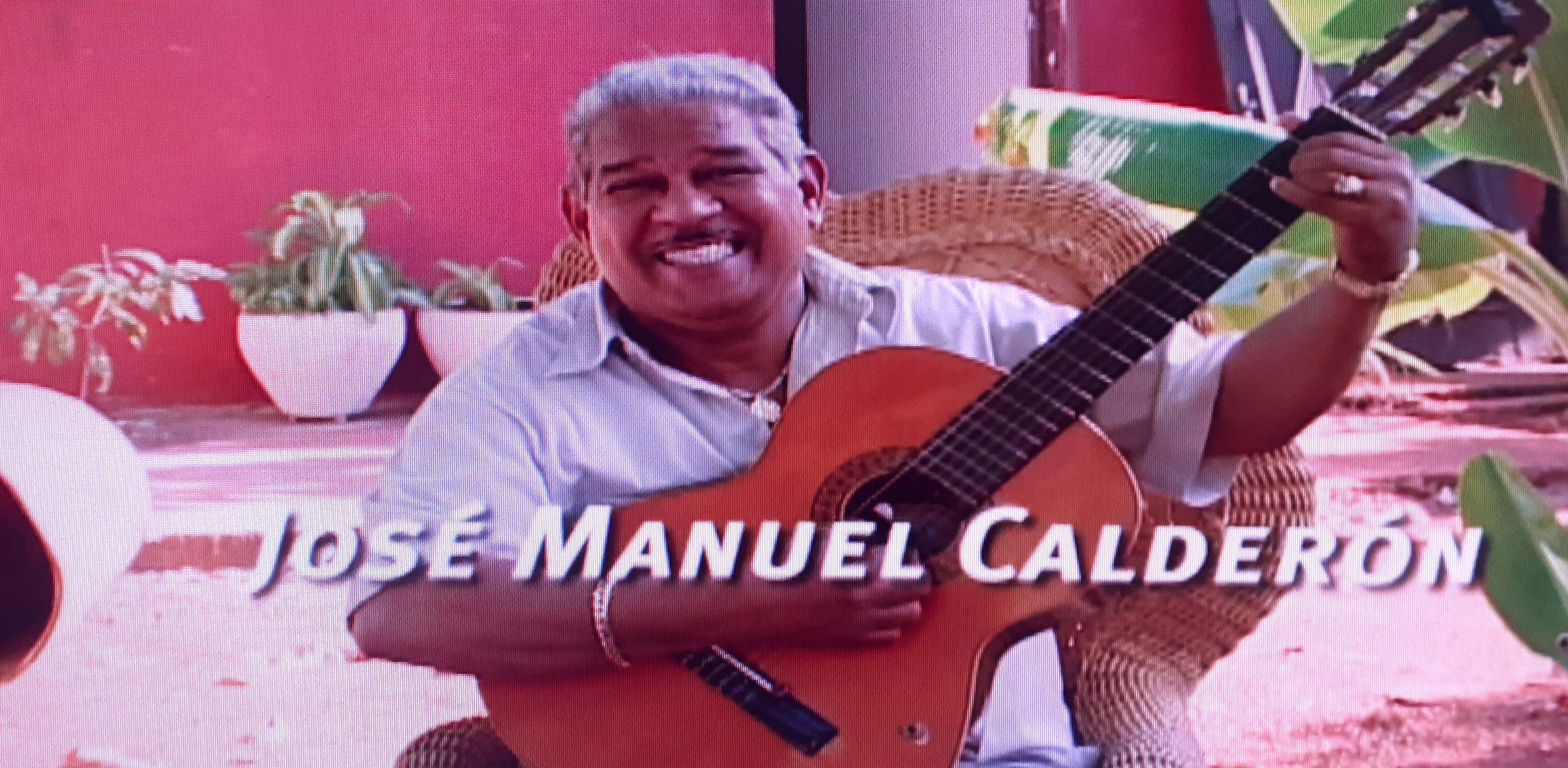
Some of the hit tracks feature well-known numbers like Traicionera by Luis Segura, Tu no eres Varón , by Aridia Ventura and Danilo Aleantara, El Tomate by Luis Vargas and Navidad, Navidad by Raulín Rodríguez.
This charming low-budget production is a must for all Bachata lovers.
Santo Domingo Blues will be will be shown at 4pm at on Sunday 6th April at The LatinoLife Film Club,
Address: Vauxhall Arches 6 South Lambeth Place, London SW8 1SP.
Price £8 - includes a drink + free entry to Sabor
Santo Domingo Blues; Los Tigueres de la Bachata ( 2004)
Director Alex Wolfe/ Produced and directed by Alex Wolfe with Glass eye Pix / Written by Alex Wolfe and Richard Fleming /Camera: Ferne Pearlstein /David Hocs/ Ismael Ramírez/ Lloyds Handwerker / Dave Sugar/ Massimo Morillo and Alex Wolfe / Editor Alex Wolfe.
Featuring: Luis Vargas, Yoan Soriano. Luis Segura, Raulíin Rpdríguez/ Aridia Ventura. José Manuel Calderón and more.















